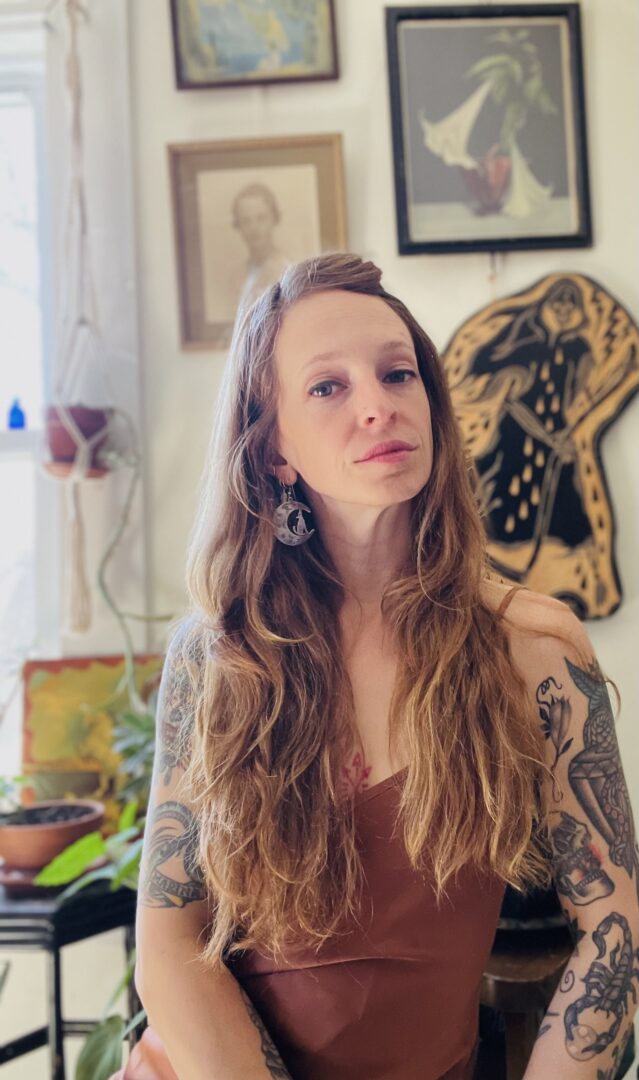Alright – so today we’ve got the honor of introducing you to Meg Madden. We think you’ll enjoy our conversation, we’ve shared it below.
Meg, first a big thank you for taking the time to share your thoughts and insights with us today. I’m sure many of our readers will benefit from your wisdom, and one of the areas where we think your insight might be most helpful is related to imposter syndrome. Imposter syndrome is holding so many people back from reaching their true and highest potential and so we’d love to hear about your journey and how you overcame imposter syndrome.
Really, overcoming imposter syndrome is a constant effort in my life; I would by no means consider myself to have grown beyond it. But I have developed some useful, effective tools to help myself not fall into the trap.
The first is that I have really learned to seek out and listen to feedback from people I trust, love, and look up to. These affirmations from others help me to locate myself in a sea of clouded self-perception and to trust that I am worthy, skilled, and on the right track. While it’s true that there’s a delicate balance to strike between listening to others and trusting your gut as you walk your path, imposter syndrome makes in inherently harder to rely on the gut, so trusted, reliable others can be invaluable for support.
I also make sure that I am doing things as well as I can, with as much integrity and alignment to my values as possible. I have learned that if I develop a good awareness of my own definition of success and understand my motivations and core beliefs, being an imposter is much less likely to even be possible, and this really helps me persuade my brain that I belong.
Lastly, and maybe most importantly, I fake it ’til I make it. This can seem counterintuitive, especially if you do experience imposter syndrome, but I have found it to be the simplest and most effective antidote to imposter syndrome I’ve tried so far. And I don’t mean putting out bad information, fabricating things, or pretending I know more than I do. I mean, pretending that I deserve to have a space in my profession even if I don’t fully believe it, or that I am eloquent and able to speak with authority about the things that I do know well. It’s challenging and can really put me right up against my fears of inadequacy, but it almost always works.
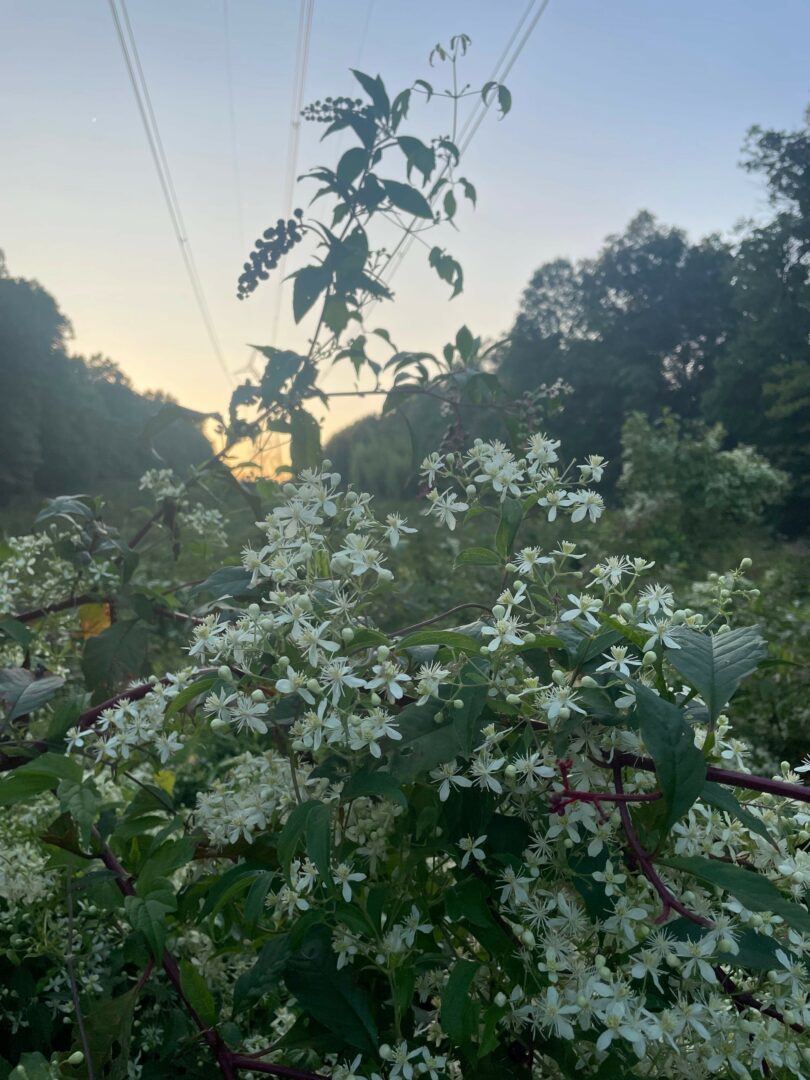
Thanks, so before we move on maybe you can share a bit more about yourself?
I am a clinical and community herbalist, which means I work with people and medicinal plants to promote healing and wellness in my clients and community. I manage and will soon own a brick and mortar herb shop here in Charlottesville called The Elderberry, where I make herbal medicine, see clients, teach classes, and try to support the greater community through connection with plants, magic, and the natural world.
I came to herbalism circuitously but inevitably. As a kid, I had the privilege of being able to be always outside on generous acreage in the foothills of the Blue Ridge Mountains where there is incredible plant biodiversity. I spent hours and hours outside, and I would read field guides for fun when I was inside. I have always been drawn to plants, and I as I got older, I also developed a passionate desire to be a clinician or counselor of some sort, so I pursued medicine briefly, as well as social work. These frameworks were a little bit too inflexible for me, though, so I turned back toward the plants and ended up taking a 3-year clinical herbalism program, which united my love of plants with my love of working with people as a counselor and teacher.
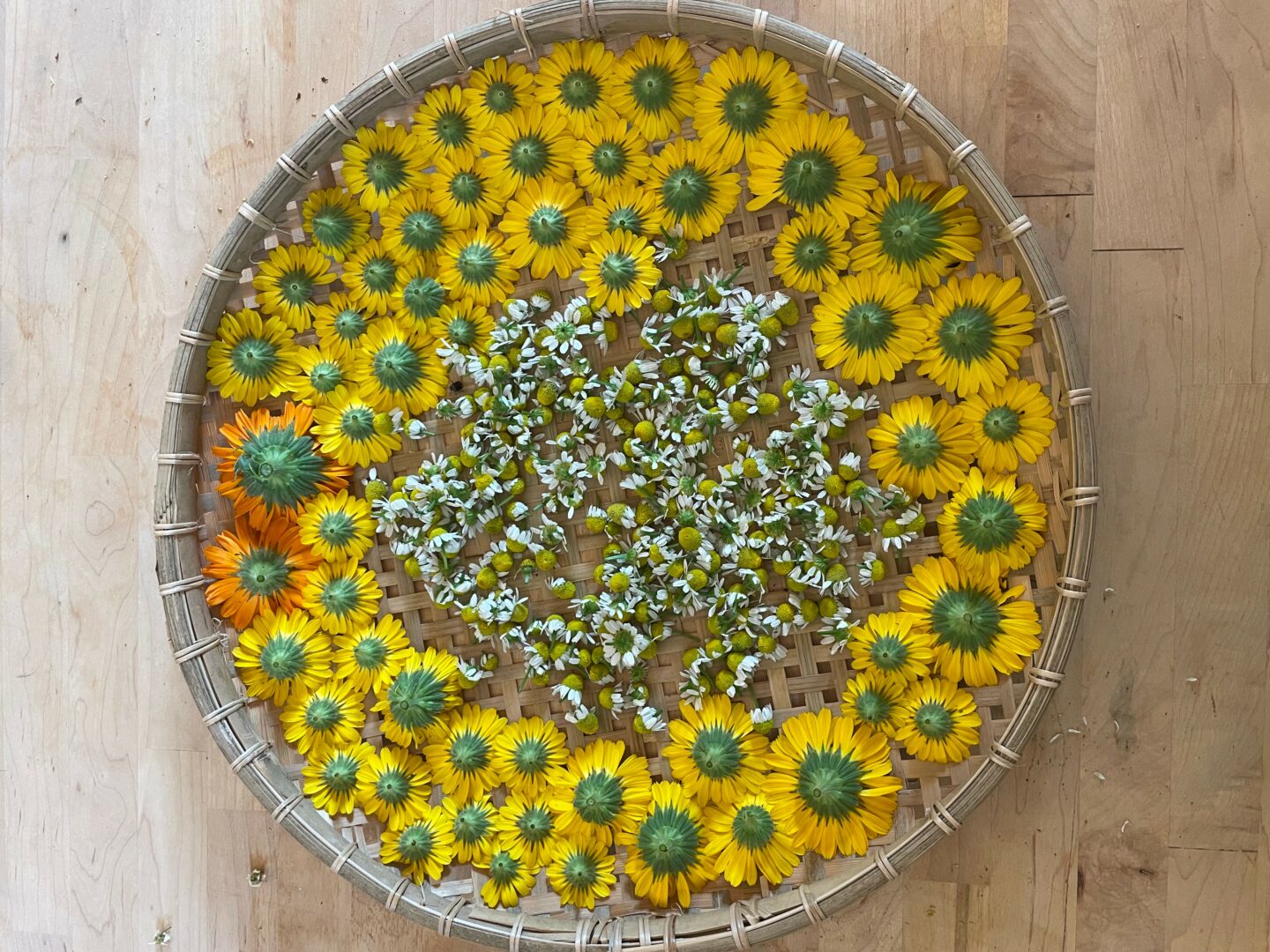
If you had to pick three qualities that are most important to develop, which three would you say matter most?
The first quality I think has served me well is always wanting to learn more. I know that knowledge is endless and fractal so I always want to learn and to be teachable. I try to consistently engage my mind with many subjects, even if it feels like I already know the material, I actively look for places that challenge what I think I know, or ways to look at something differently. My advice here is to seek out information from people you look up to, and, even if the information they share feels redundant, look for other things to learn from them. How are they sharing the information? How do you feel in their presence? Can you make an opportunity to ask for deeper information? There is always something to learn, staying open to it is the trick.
The second thing is showing up. Sometimes it can be the hardest part, but just putting yourself in front of the work, in front of you teachers and mentors, and out to the world in general communicates that you’re present and available for whatever might come your way. By no means am I suggesting sacrificing mental and physical health, but I know from experience that nerves and anxiety are quelled by bravery, gently pushing yourself, and staying accountable.
Finally, I deeply value and try to embody love and humility as I move along my path. Keeping things in perspective, tending and working on feelings of jealousy or inadequacy, remembering that I can never know everything, and not allowing myself to trod on others are all ways that I practice this. I return again and again to these core values, and I check everything I’m doing against them. If I find myself compromising this in some way, I make an earnest attempt at fixing it. I would recommend locating and defining your deepest values, philosophies, and ethics so that you can always check your work against them. This really helps to stay on the right track.
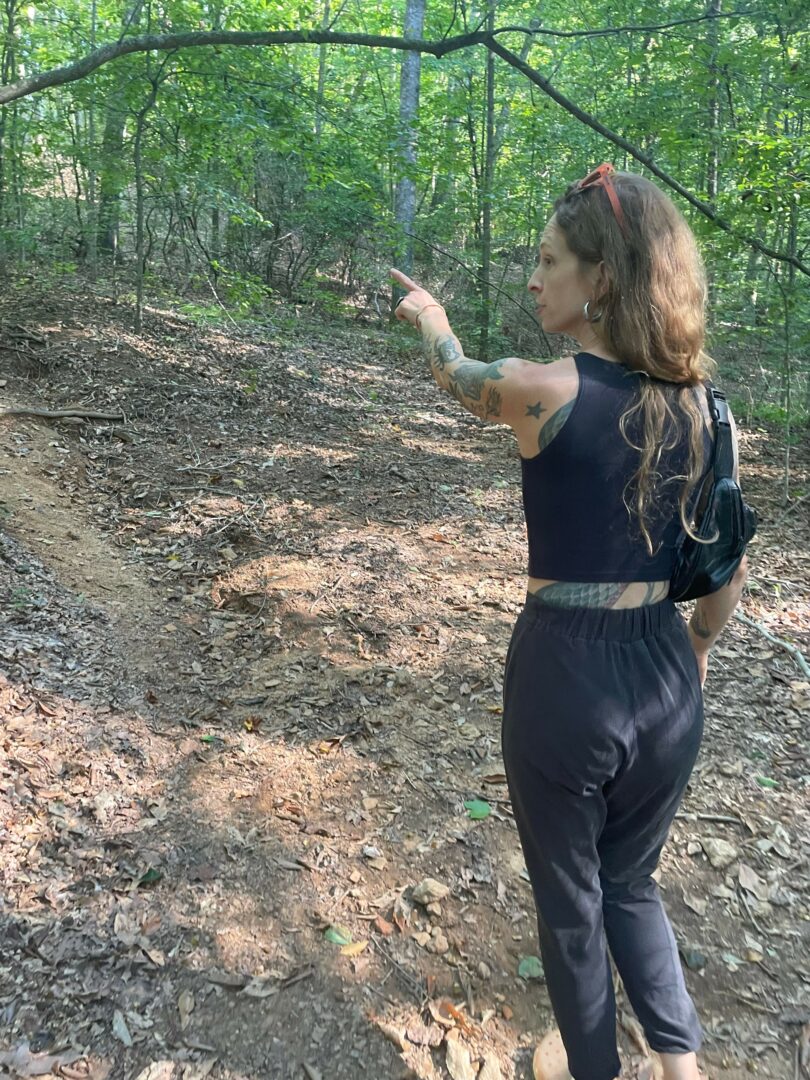
We’ve all got limited resources, time, energy, focus etc – so if you had to choose between going all in on your strengths or working on areas where you aren’t as strong, what would you choose?
I love this question and I feel like it’s particularly nuanced for the entrepreneur in me. In my experience, I’ve found that there is much more connection between most things than not, and being able to identify and synthesize connections between things that appear unrelated has served me really well. Practically, this looks like highlighting and exploring the relationships between somatic movement and land ecology, or jewelry making and divination, for example. I think, again, as an entrepreneur, the things that make me unique to my clients and customers are my strengths, and these are informed by the phenomenon of myriad interests, passions, and values converging in my personhood. While I don’t think that this is necessarily the best way across the board for everyone, I love to keep myself well-rounded and to make literal or philosophical connections between all the things I delve into.
Contact Info:
- Website: https://oneflowerherbs.com
- Instagram: @oneflowerherbs
- Other: https://elderberryherbals.com
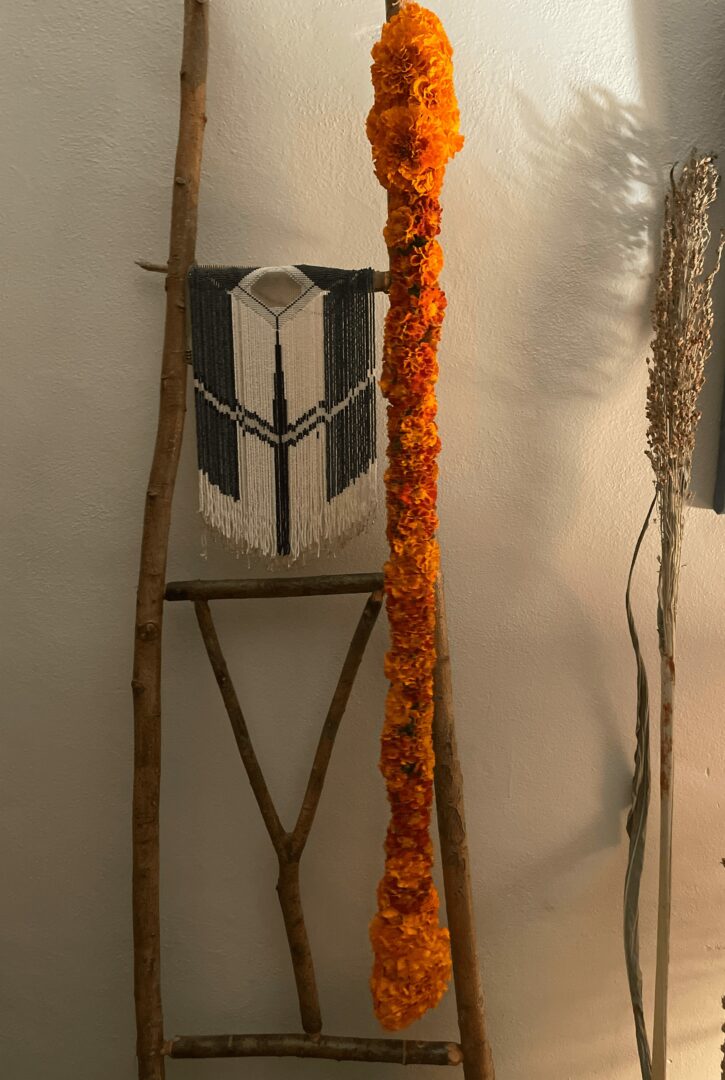
so if you or someone you know deserves recognition please let us know here.

